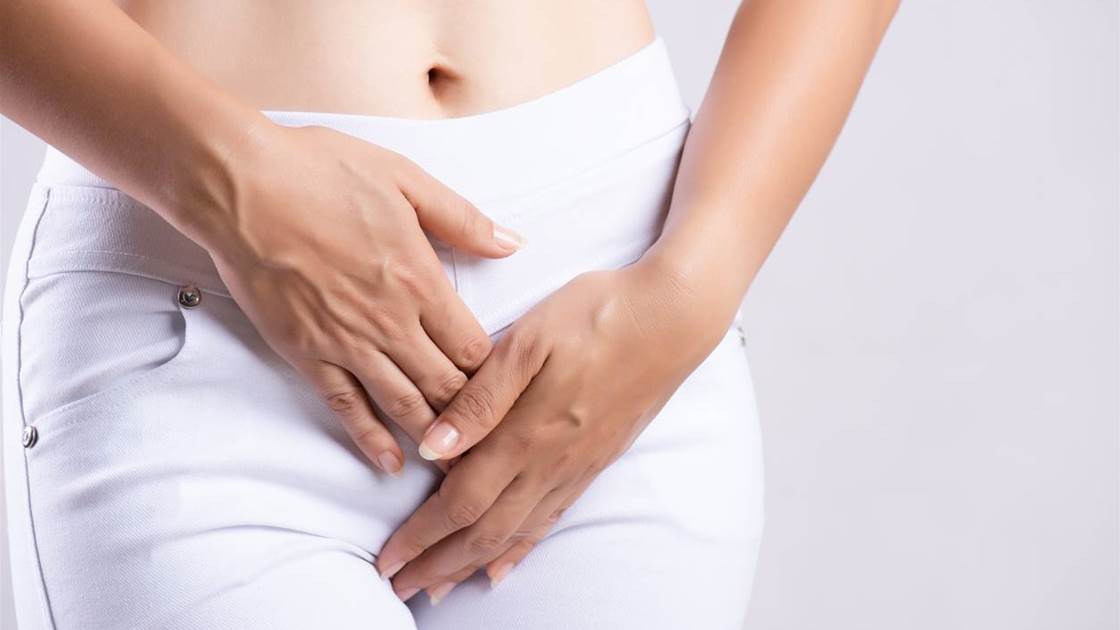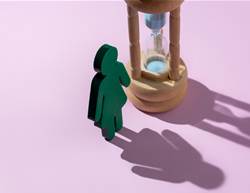If you've been through menopause, are going through it, or, if you've heard anything about menopause at all, then you already know that it's not just a battle against fluctuating hormones - your physical body experiences many changes, particularly around the vaginal area. Dr. Amanda Newman, a GP at Jean Hailes for Women’s Health in Melbourne explains why changes occur and what to expect.
What causes changes to the vagina?
The cause of changes to the vagina at menopause stems from a drop in oestrogen resulting in less lubrication, making the vagina less pliable. “The effect is most noticeable during intercourse, but for some women, the dryness is distressing even when not being touched,” explains Dr. Newman.
“Sometimes the dryness can be perceived as an itch, or a feeling of discomfort, and can be confused with thrush. It can lead to recurrent urinary tract infections (UTIs).”
“If the problem is only of concern during sex then use a good-quality lubricant. Silicone lube lasts longer but cannot be used with silicone sex toys or vibrators,” she says. “Water-based lubes are a good alternative. Oils such as sweet almond oil can also be used, but not with condoms as it can make the condoms more susceptible to breakage.”
Vaginal dryness & thinning hair
“If you are bothered by dryness, don’t hesitate to ask your doctor about vaginal oestrogen. It is extremely low dose and very safe – it has no relationship to breast cancer and can be used in conjunction with MHT/HRT, (Menopausal Hormone Therapy/Hormone Replacement Therapy) either as a cream or pessary. It will help reduce vaginal dryness and the incidence of UTIs. And it can be used for decades,” she explains.
Another, unspoken impact of menopause Dr. Newman explains, is “there can be a thinning of pubic hair, which can have an impact on self-image.”
The most important point to remember is that if you have a problem with your vulva or vagina, ask someone who knows and see a doctor.
How to take care, down there, during and after menopause
Here are Dr. Newman’s recommendations for taking care of down there:
- Look after your vulva. (Your external lady parts) by using non-soap washes, do not douche, and don’t use apple-cider vinegar wash.
- Don’t scratch your vulva.
- If you experience any changes in your vulva that are bothersome and not normal for you, see a doctor experienced in managing vulval conditions. When you do see a doctor, make sure they examine your vulva and vagina.
- Be aware that infections, as well as skin conditions, can affect the vulva and vagina. These include psoriasis, eczema, bacterial vaginosis, candida (thrush), herpes, and lichen sclerosis.
- Avoid tight underwear, especially G-strings.
- Don’t wear a pad or panty liner unless essential.
- Make sure you are aroused and sufficiently lubricated before attempting intercourse.
- Keep having sex in whatever format you wish (as long as you want to).
- Pelvic floor health is vital. If you are experiencing any leakage due to pelvic floor weakness, see a pelvic floor physiotherapist. (You can claim this on Medicare if you get a referral from your GP).
Want to learn more about the impacts of menopause on the body and how to prepare for it? Head here to read Prevention's expert articles on mid-life and menopause.









